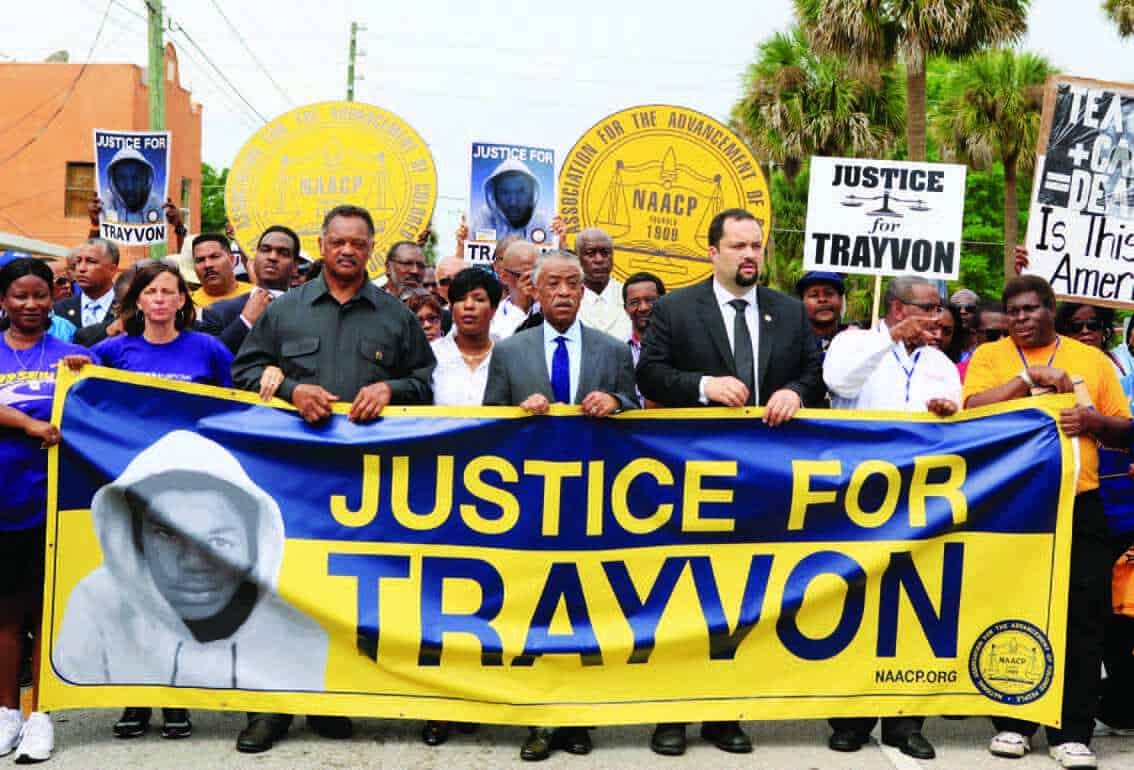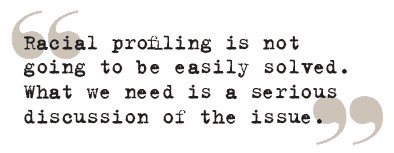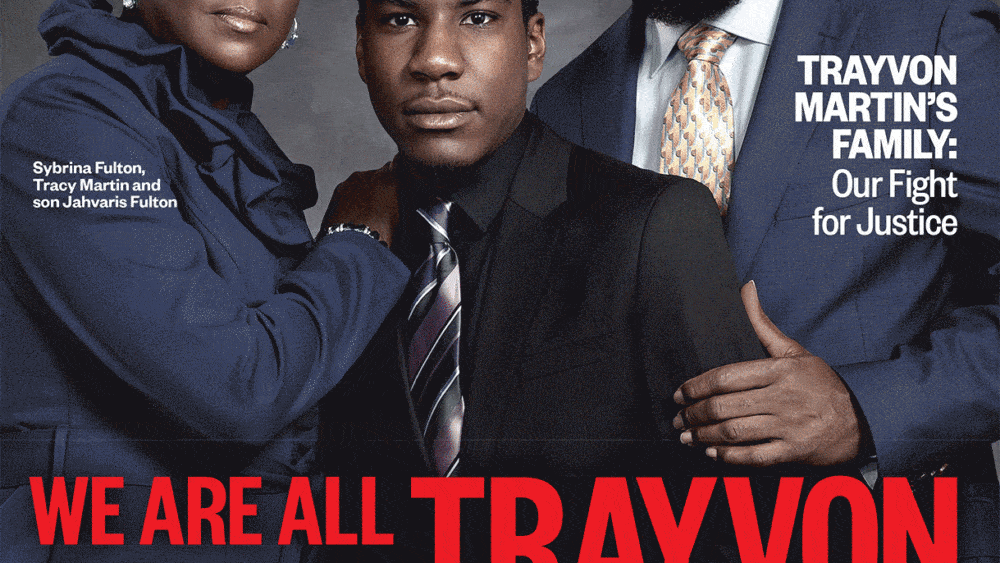[ad_1]
Legal scholar Charles J. Ogletree Jr. reflects on ‘Stand Your Ground’ laws, the gun laws gripping our nation and President Obama’s personal statement about race
MANY YEARS AGO, U.S. Supreme Court Justice Harry Blackmun filed a blistering dissent in DeShaney v. Winnebago. It was in response to the refusal of the court’s majority to conclude that a child named Joshua DeShaney was inadequately protected from an abusive father. In the dissent, Justice Blackmun wrote: “Poor Joshua! Victim of repeated attacks by an irresponsible, bullying, cowardly, and intemperate father, and abandoned by respondents, who placed him in a dangerous predicament and who knew or learned what was going on, and yet did essentially nothing….”
In the case of Joshua, there was no remedy, even though the
world knew who terrorized him. Poor Joshua, indeed.
Two decades later, we are reminded of the painful story through Trayvon Martin, the Florida teenager fatally shot by George Zimmerman in February 2012. After Zimmerman’s acquittal last month, we can say this: Poor Trayvon.
In many ways, this is another vein of the persistent story
of racial profiling in America. The case resulted in an extremely disappointing
verdict that makes people angry with our justice system. In barbershops, beauty
parlors, churches and in our homes, many of us are asking: Why did this
acquittal occur? And, what do we do now to move forward?

Very much like the frustration many Americans felt when the police officers responsible for the beating of Rodney King were acquitted, the hope is that the federal government, through the role to be played by the first African-American attorney general, Eric Holder, will look at what potential federal remedies might be available in pursuing any further actions against Zimmerman. Stating it bluntly, even Holder’s options are slim. Bringing a civil rights violation in this case may be an option that will have, at best, a limited result, and could actually lead to another acquittal of Zimmerman.
What the Martin case tells us is that we all have to be
aware of the tendencies to see our young die without any meaningful remedies.
Whether it is the killing of Oscar Grant in the Fruitvale BART Station in
Oakland or the death of Trayvon Martin in Sanford, Fla., it still tells us that
there are too many guns and too many instances of profiling of people because
of their race or class. Although we can recognize the importance of the Second
Amendment and the right to bear arms, we need to understand, as well, that the
leading cause of death among young African-Americans such as Trayvon is as a
result of the accused using a weapon—usually a gun.
STAND YOUR GROUND LAWS exist in a majority of states. It’s
important to remember that the laws were created by conservative legislatures
that believed people should have a right to bear arms and respond to threats
with weapons. Here’s a weird irony, an unintended consequence of the “Stand
Your Ground” laws: African-Americans have used it repeatedly to protect
ourselves when we’ve felt threatened by Whites. The “Stand Your Ground” laws
are from an era when people were thinking about revenge. But we’re in a diff
erent moment, and the laws will hurt our community in the long run. Congress,
and the White House—through the use of its executive powers—and even the
Supreme Court, will ultimately have to directly develop solutions to the
problem of violence in America.
It’s up to
us—fathers, mothers, aunts, uncles, grandparents—to stop the gun violence
gripping our community.
President Obama’s comments on this case were surprising and
enlightening. What he said was strong, defiant and personal and will impact the
law and the public’s approach to racial profiling for decades. Racial profiling
is not going to be easily solved. What we need is a serious discussion of the
issue—and to show that you can profi le someone who’s White, Black, Native
American or Hispanic.

We cannot let Trayvon’s death go unanswered, or chalk it up
to just another Black kid dying. The numbers tell a tragic story. According to
a Center for Disease Control and Prevention report, homicide remains the
leading cause of death among Black males between ages 10 and 24. We should ask
ourselves: Why does the violence persist—and what should we do about it?
While God has told us that vengeance is His, in a case like
this, we have to think of ways to change our gun laws and our use of violence.
And we have to have a national dialogue about race relations. Trayvon’s life
and legacy, like Emmett Till’s, must remain with us as we fight for peace and
calm in our communities.
Charles J. Ogletree
Jr. is the Jesse Climenko Professor of Law and the Founder and Executive
Director of the Charles Hamilton Houston Institute for Race and Justice at
Harvard Law School.
[ad_2]
Source link

